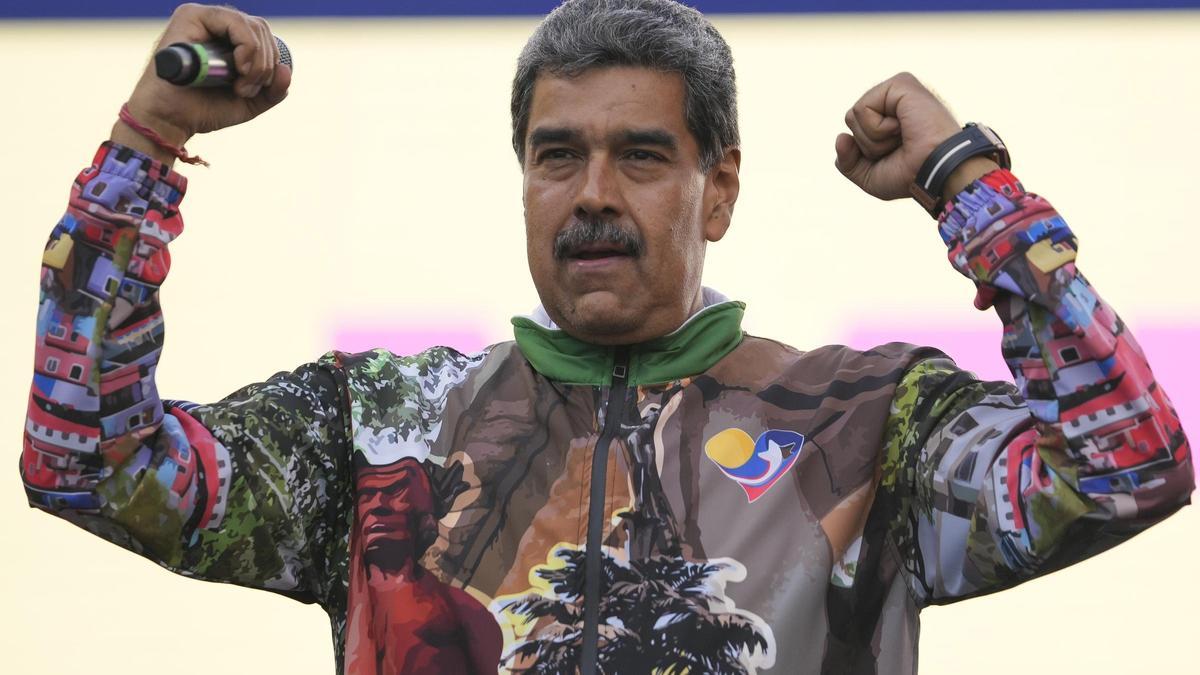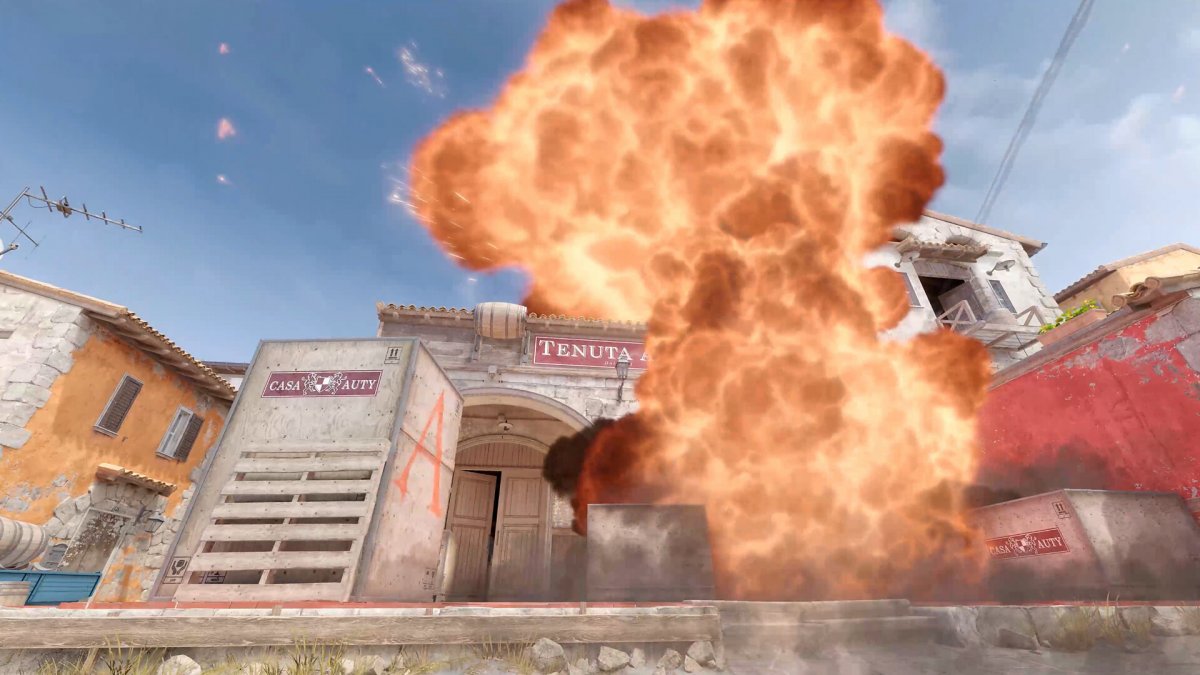Venezuela’s presidential election, five days after its celebration, presents a regional problem of expectations. When Nicolás Maduro warned that a personal defeat at the ballot box would lead to a “bloodbath,” his Brazilian counterpart, Luiz Inácio Lula da Silva, was puzzled. “I was scared by that statement,” he said. Lula follows events in the neighboring country so closely that he has spoken twice with Maduro. The terms of those talks were revealed to the foreign press. “If you want to contribute to solving the problem of growth in Venezuela and the return of those who left, you have to respect the democratic process,” he told him. “Whoever loses is washed with votes, not blood,” said Lula, who failed three times before reaching the presidency. “Maduro must learn that when one wins, he stays, and when one loses, he leaves and prepares for another election,” he added.
Lula’s concerns were so great that, in addition to observers to be sent by the Brazilian electoral commission, he decided to have his former foreign minister and current international affairs adviser, Celso Amorim, visit Caracas. “It is clear that we will respect the results if we win,” National Assembly President Jorge Rodrigues replied, denouncing the opposition’s readiness to challenge the election verdict on Sunday.
What will happen?
So far, the conflict already poses the risk of a crisis erupting on Sunday night due to the failure to recognize the rival’s victory. The main rivals are accusing each other. The anxiety, for the moment, is causing many analysts to turn their eyes to the quarters. When Maduro spoke on July 17 of a “civil war” in a working-class neighborhood in Caracas, he did nothing more than remind us that the political problem also lies with the armed forces in their de facto co-government character and variable control and power. Managing the various economic variables, both general and opaque.
To dispel doubts, the president pointed out that the military structures are “increasingly Chavismo” and would not recognize the opposition’s access to Miraflores Palace by vote. “I ask, simply to analyze scenarios, what would happen in Venezuela if the oligarchy in Caracas were to come to political power by chance? (…) What would happen to all the social, cultural, political, spiritual, moral and military power that the revolution has?” Speaking in Portugal, Maduro ventured into scenarios. “Could there be another February 27? Could there be a new February 4? Could the great April 13 come again?” The PSU candidate referred to Caracazo, when the social uprising against the social democratic president, Carlos Andrés Pérez, and the subsequent uprising of Hugo Chávez against that government became known.
The Bolivarian National Armed Forces (FANB) have about 300,000 members, according to 2023 data. Analysts question not only the behavior of uniformed soldiers before the elections, but also that of their families. Defense Minister General Vladimir Padrino López assured the Carter Center mission that will monitor the elections that the army will be a guarantee for the peaceful development of the conflict.

“Freelance social media evangelist. Organizer. Certified student. Music maven.”









